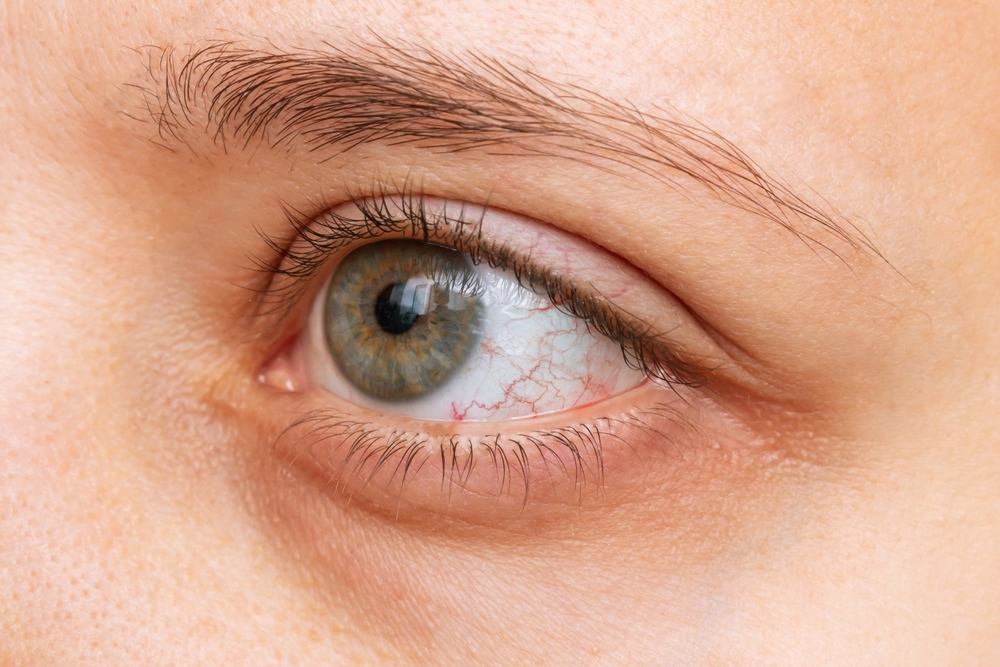
Dry eye disease is a common condition that affects millions of people worldwide, causing discomfort, irritation, and in some cases, long-term consequences. But how serious is it? Can dry eye cause permanent damage if left untreated?
Understanding Dry Eye
Dry eye occurs when your eyes do not produce enough tears or when the quality of tears is poor, leading to insufficient lubrication. This lack of moisture can cause a range of symptoms, such as:
Burning or stinging sensation
Redness and inflammation
Sensitivity to light
Blurry vision
A feeling of something gritty or foreign in the eye
Most cases of dry eye are mild to moderate and can be managed with treatment, but when left unchecked, the condition can escalate and potentially lead to more serious issues.
Can Dry Eye Cause Permanent Damage?
In its early stages, dry eye rarely leads to permanent damage. However, if left untreated or poorly managed, it can cause complications that may result in lasting effects. Here are some potential long-term consequences of chronic dry eye:
Damage to the Cornea: The cornea is the transparent, protective outer layer of the eye. Without adequate tear production, the cornea becomes vulnerable to irritation and infection. Over time, this can lead to corneal abrasions, ulcers, and even scarring, which can permanently affect your vision.
Increased Risk of Infection: Tears play an important role in washing away debris and protecting the eyes from harmful bacteria. When tear production is insufficient, your eyes are more susceptible to infections like conjunctivitis (pink eye) and blepharitis (eyelid inflammation). Repeated infections can lead to chronic eye problems and, in severe cases, vision loss.
Corneal Inflammation: Chronic dry eye can lead to a condition called keratitis, which is inflammation of the cornea. If left untreated, keratitis can cause lasting damage and may require advanced treatments like surgery or corneal transplants.
Decreased Quality of Life: Persistent discomfort and irritation can impact daily activities like reading, driving, and using screens. Over time, chronic dry eye can lead to decreased productivity and an overall decline in the quality of life due to constant eye discomfort.
Preventing Long-Term Damage from Dry Eye
Fortunately, most cases of dry eye can be treated before they cause permanent damage. Here are a few ways to manage and prevent the worsening of dry eye disease:
Use Artificial Tears: Over-the-counter lubricating eye drops can provide immediate relief and help keep the eyes moisturized. Your eye care provider can recommend the best type for your needs.
Stay Hydrated: Drinking plenty of water throughout the day helps maintain moisture levels in your eyes.
Protect Your Eyes: Wearing sunglasses to shield your eyes from wind, dust, and direct sunlight can help prevent dry eye symptoms from worsening.
Adjust Your Environment: Humidifiers, taking breaks from screens, and adjusting your workspace can reduce the strain on your eyes.
Seek Professional Care: If your dry eye symptoms persist, it's essential to consult an eye care professional. Treatments such as prescription eye drops, punctal plugs, and advanced therapies like intense pulsed light (IPL) therapy or TearCare may be necessary for managing chronic dry eye.
Optimizing Your Eye Health with Eye Care Associates of Princeton
While dry eye may seem like a minor inconvenience, it can lead to permanent damage if left untreated. Corneal damage, increased risk of infection, and chronic inflammation are just a few potential outcomes. The good news is that with proper care and timely intervention, you can prevent these complications and protect your long-term eye health.
If you're experiencing symptoms of dry eye, schedule a consultation with Eye Care Associates of Princeton to explore your treatment options and ensure your eyes remain healthy and comfortable for years to come. Contact our office in Princeton, New Jersey, by call (609) 536-1017 to book an appointment today.








